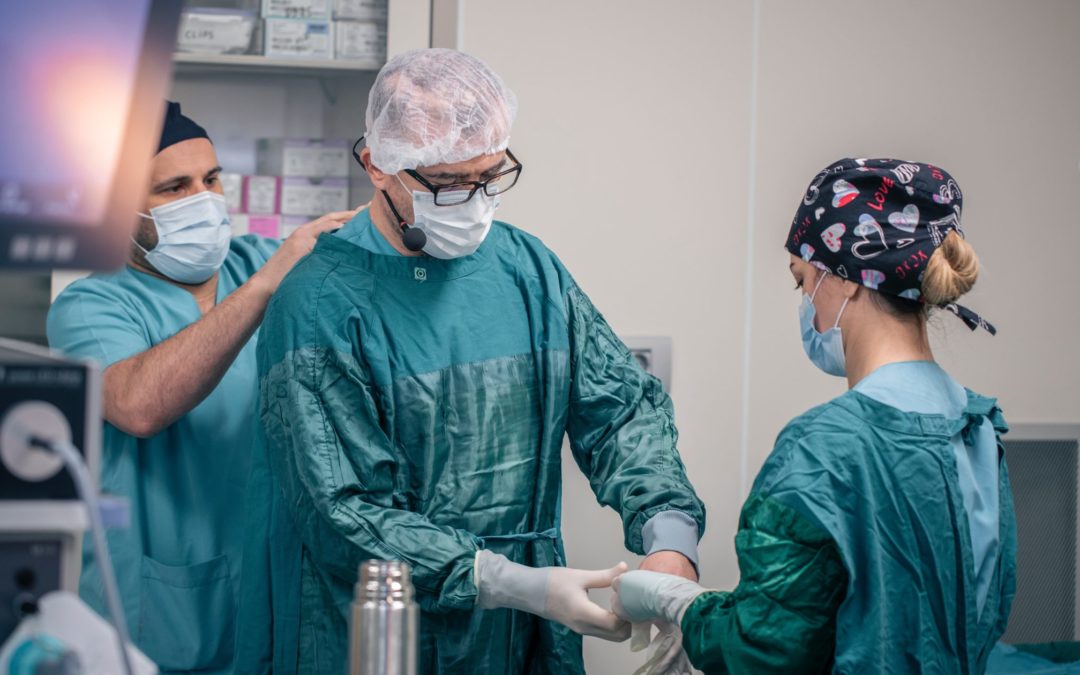UNDERSTAND THE DIFFERENCES BETWEEN MEDICAL MALPRACTICE AND MEDICAL NEGLIGENCE.
Medical mistakes come in many forms and can seriously impact an individual’s life. An informative blog post published by Valent Legal details the differences between Medical Malpractice claims and Medical Negligence claims. Clearly understanding the difference between these two claims can help direct plaintiffs toward the proper legal action.
Medical Malpractice & Negligence
Standard of care is an important consideration in both negligence and medical malpractice cases. Medical professionals owe a standard of care to their patients; if another physician with similar training and education would have acted in the same way, in the same situation, then the average standard of care has been met. Negligence and medical malpractice may occur from a breach of the standard of care, resulting in injury or death.
Medical Negligence
Medical negligence occurs in personal injury law when a healthcare practitioner disregards their basic duties of patient care. This may occur through oversights, ignorance, or unintentional mistakes. While the injury may not have been intentional, by failing to recognize certain factors or take appropriate action that may cause life-threatening circumstances, the physician is still liable. In order to file a claim, a medical negligence lawyer must prove that the healthcare profession, or institution, breached their standard of care and that the breach resulted in the injury or caused a condition to worsen.
Medical Malpractice
While medical malpractice often occurs in the same setting as negligence, it has far greater severity. Unlike negligence, a medical practitioner who commits medical malpractice is aware of the potential consequences of their actions but proceeds regardless. For negligence to occur, the injury is caused by an avoidable, unintentional mistake, whereas malpractice involves an intentionally negligent action.
Examples of Medical Malpractice vs. Negligence
One common case of medical negligence is errors with prescriptions. An example may be a doctor who prescribes medication and forget to note that the harmful drug interaction may lead to complications ranging from mild discomfort to critical side effects. A more severe case may be if a surgeon administers the wrong dose of anesthesia or fails to provide necessary aftercare.
A well-known category where medical malpractice occurs is surgery. For example, a surgical team might be rushing to perform a last-minute survey and decide to not sterilize some of the surgical equipment in the rush. The decision might result in the patient getting an infection or worse.
Medical malpractice may also occur if a doctor fails to check a patient’s medical ID wristband before commencing surgery. If the surgery is high risk and causes excess fluid around the brain, the patient may suffer a debilitating stroke. In this instance, a strong medical malpractice claim might be made as a doctor must confirm the patient’s identity prior to operating.
Different Types of Medical Malpractice
Other hospital staff may also be held accountable for medical malpractice. Supervisors, nurses, and healthcare facilities can be held liable should they neglect to provide patients with adequate supervision or fail to properly delegate tasks.
Common Types of Medical Malpractice
- Misdiagnosis – when a doctor or medical professional fails to diagnose a patient’s illness correctly. This misdiagnosis prevents the patient from getting the treatment they actually need.
- Delayed Diagnosis – this may occur if a doctor makes an incorrect diagnosis, causing the patient’s condition or disease to worsen.
- Failure to Treat – when the doctor arrives at the correct diagnosis but does not provide adequate treatment. This might result in a patient being released too early, failure to offer follow-up care, or neglecting to refer a patient to a specialist.
- Surgical Errors – may significantly impact a patient’s equality of life, for example, if the medical equipment is left inside of a patient.
- Medical Product Liability – patients may suffer because they were treated with a medical device which was poorly designed or faulty, injuring the patient before the defects are noticed. In this case, the manufacturer would be liable if they are aware of the defect.
MedMalDoctors has an extensive list of specialists and expert witnesses to serve lawyers in their Medical Malpractice cases.
MedMalDoctors provides expert evidence-based opinions on Causation and Standard of Care regarding potential Medical Malpractice. To learn more about how MedMalDoctors can assist you in your next Medical Malpractice case, call us at 1.800.590.9631 or send an email to marketing@medmaldoctors.ca.
From Valent Legal

